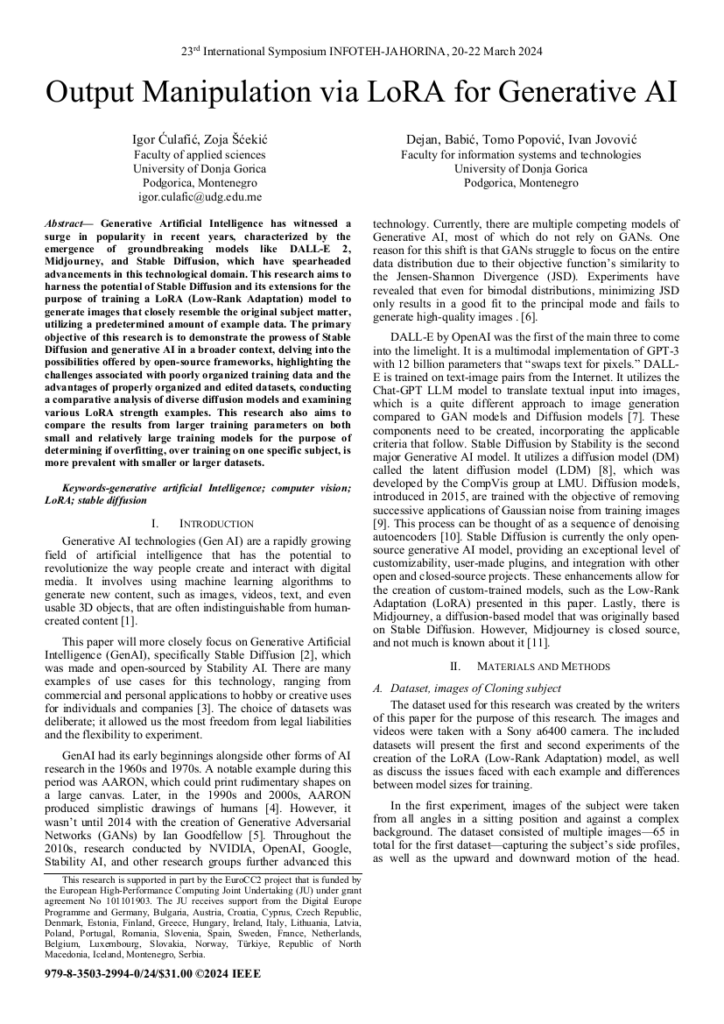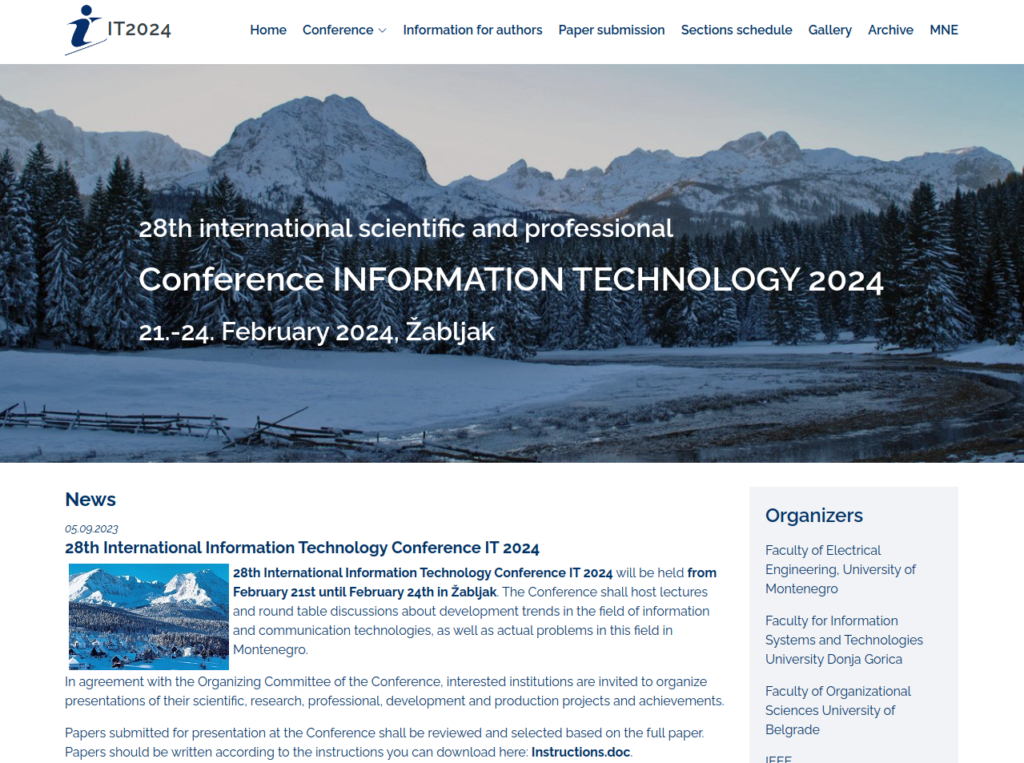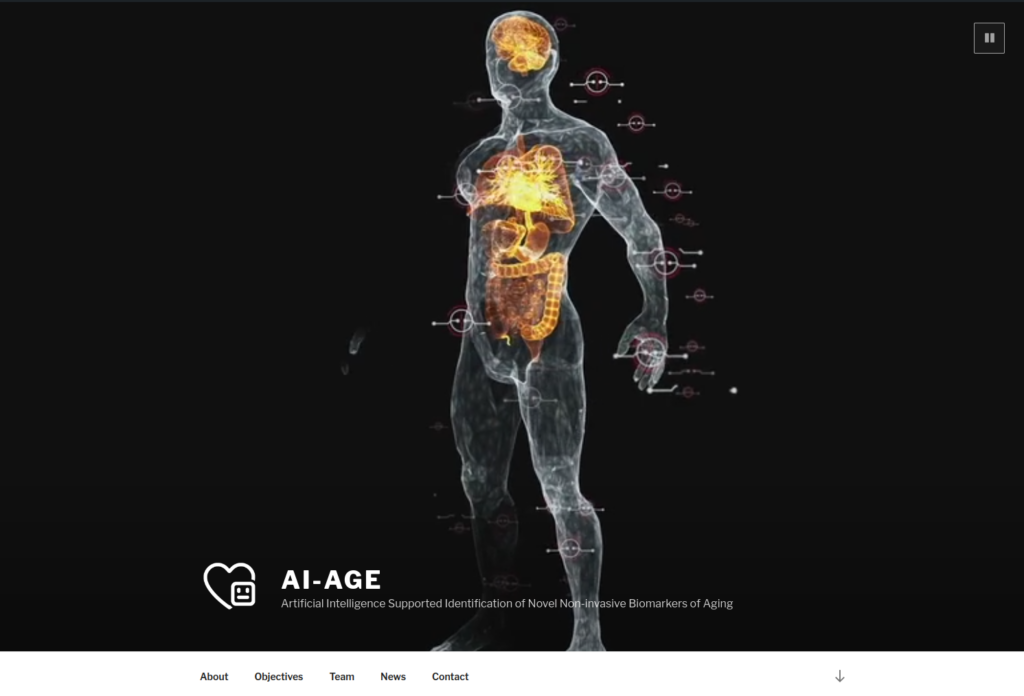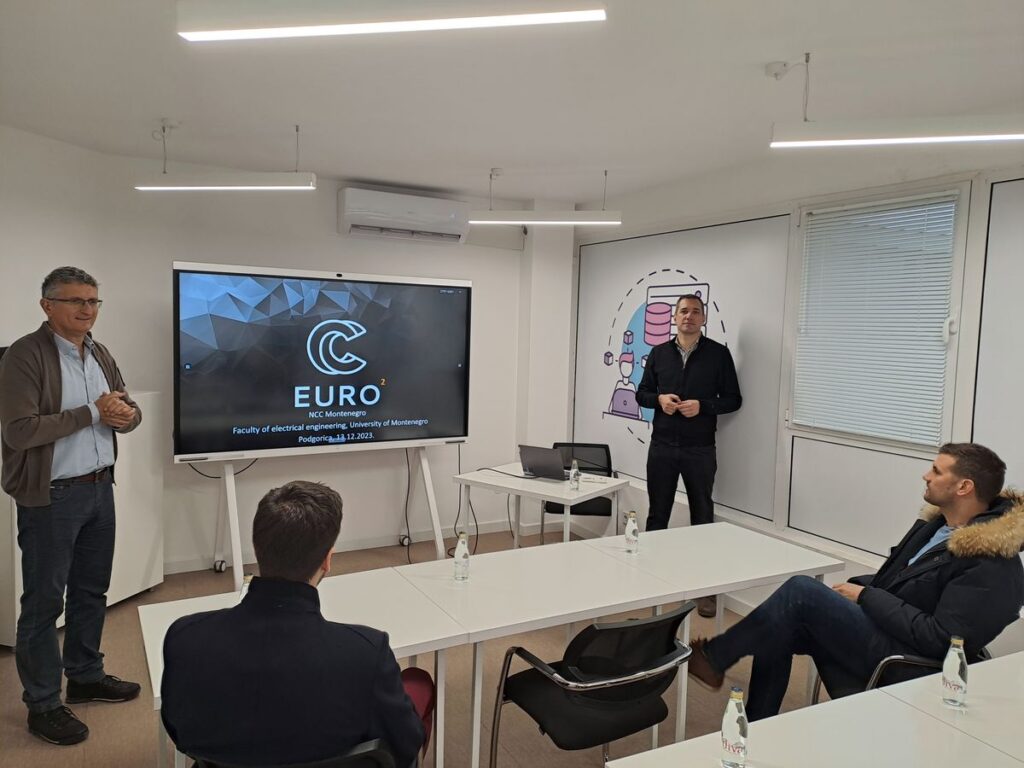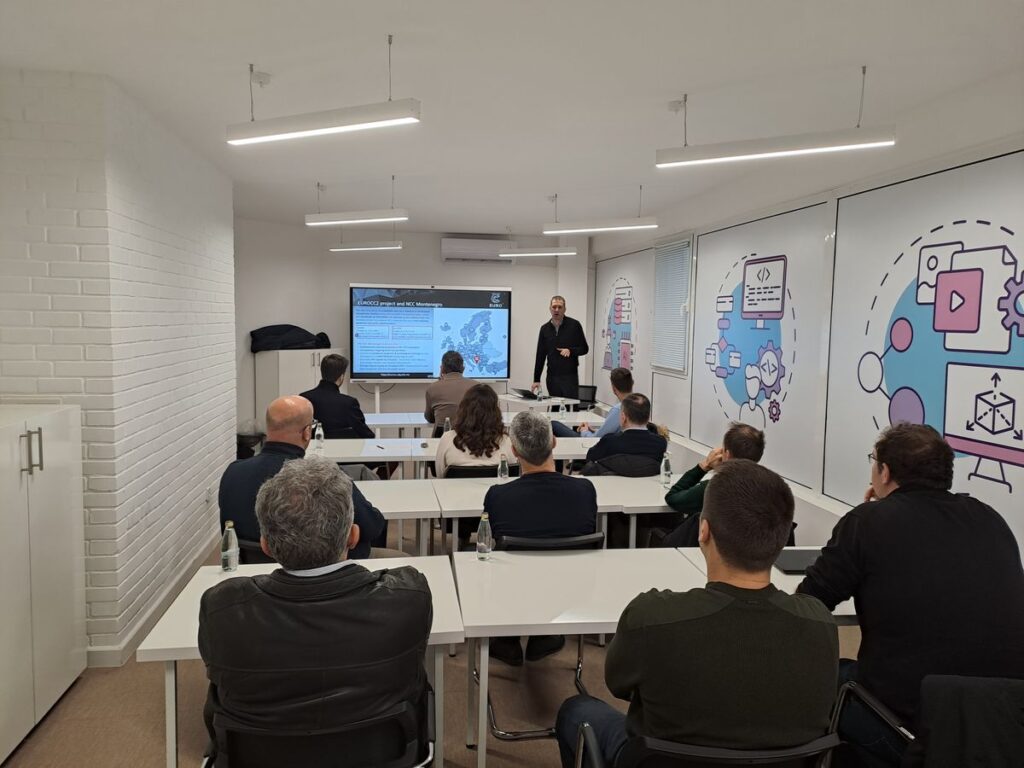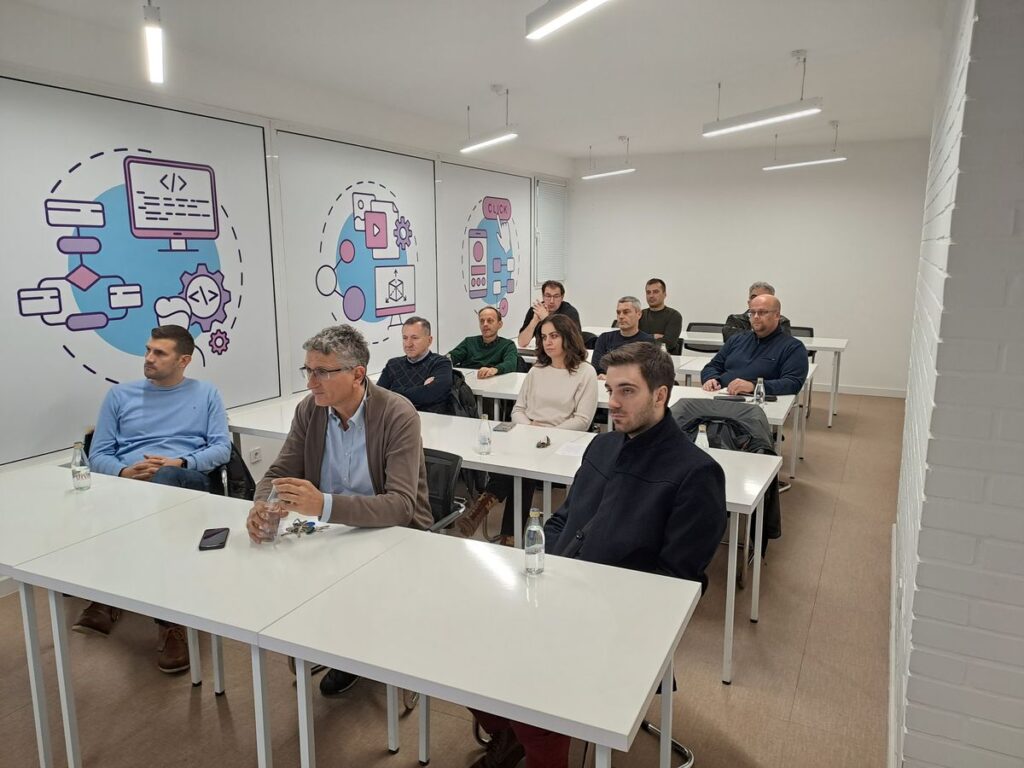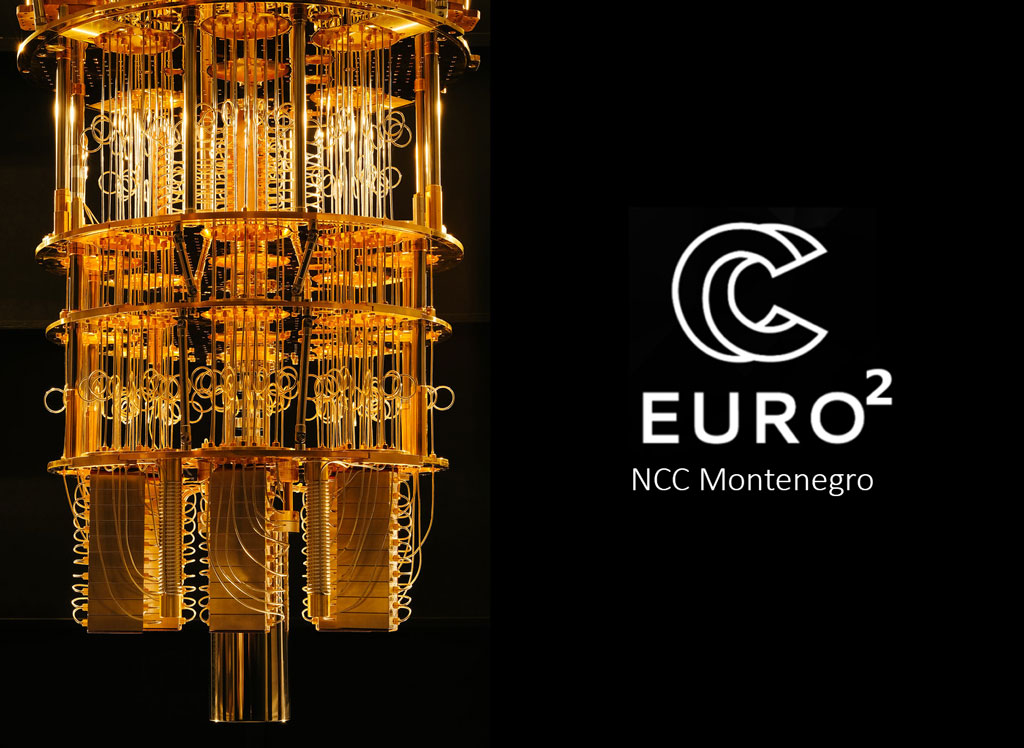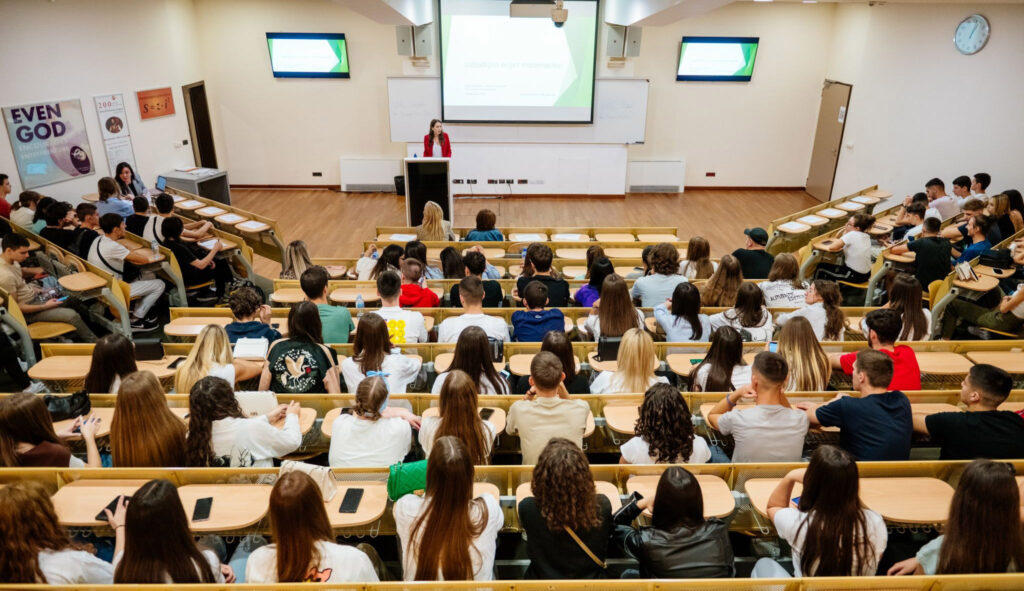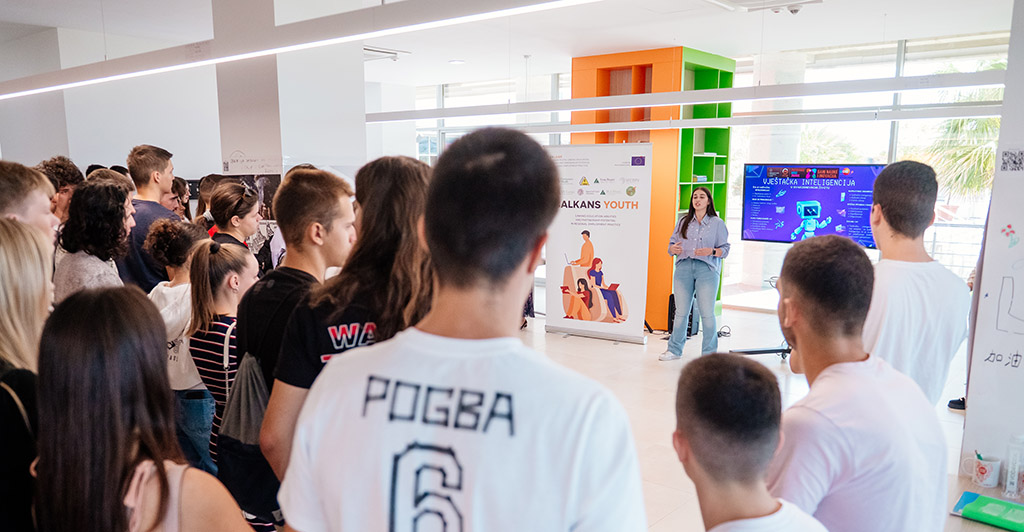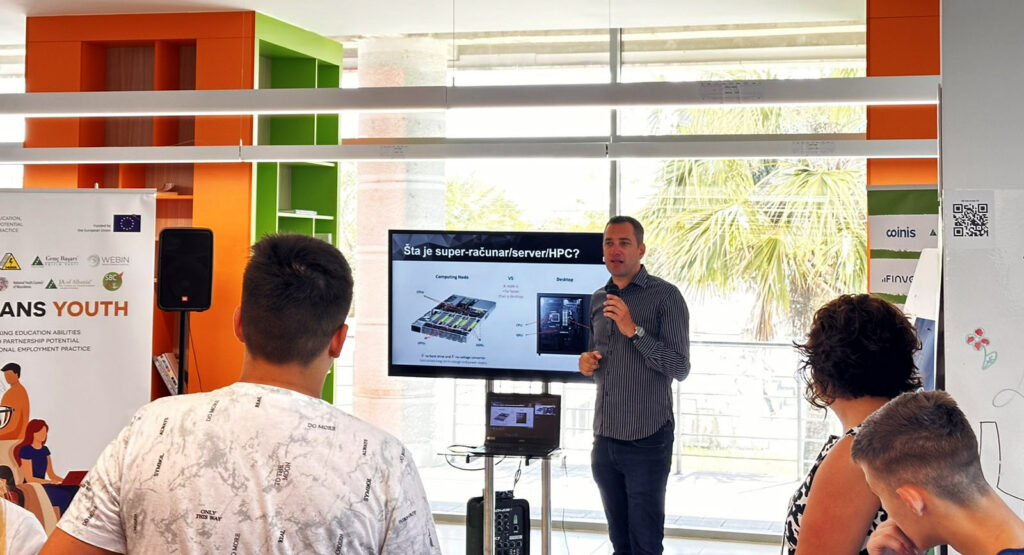You want to optimize your business processes and accelerate innovations?
You need additional computing resources for your R&D&I process?
You need expert support to parallelize or scale your software solutions?
You need access to HPC infrastructure to train AI models?
In the digital era of data explosion, traditional computing methods are struggling to keep pace. High-Performance Computing (HPC) offers powerful solutions, allowing analysis of massive datasets in real-time, running complex simulations, and extraction of valuable insights and actionable results – all within a secure and scalable environment. Big industries and SMEs use HPC systems or Supercomputers to build innovative strategies, techniques, and products.
NCC Montenegro serves as a gateway to European supercomputing expertise and infrastructure and supports researchers, engineers, and entrepreneurs in their HPC and AI needs. NCC experts provide HPC/HPDA/AI technical consultations, training, and support services, adapted to the business environment and industry domains.
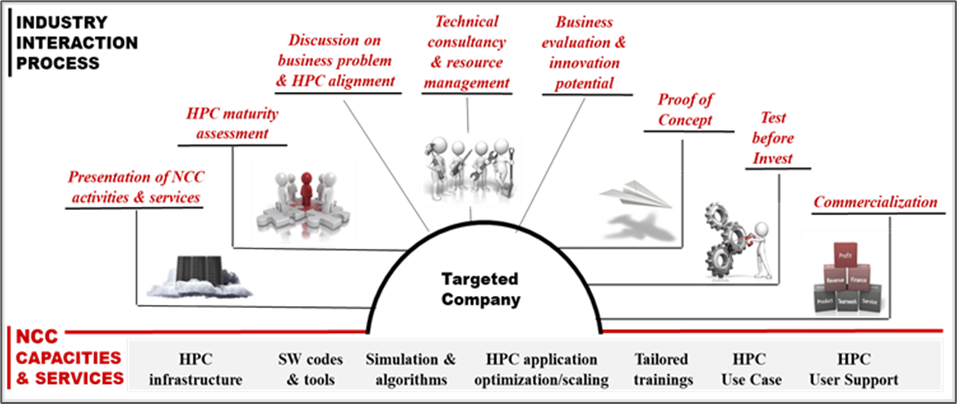
NCC Montenegro service portfolio

You will learn about HPC and AI and get ready to use it! Our HPC expert will assist you with your software development or code parallelization and will guide you through the application process to access the European most powerful supercomputers, significantly reducing your workload and work time. NCC services are free of charge, i.e. subsidized by EuroCC program support for innovation, research, and development.
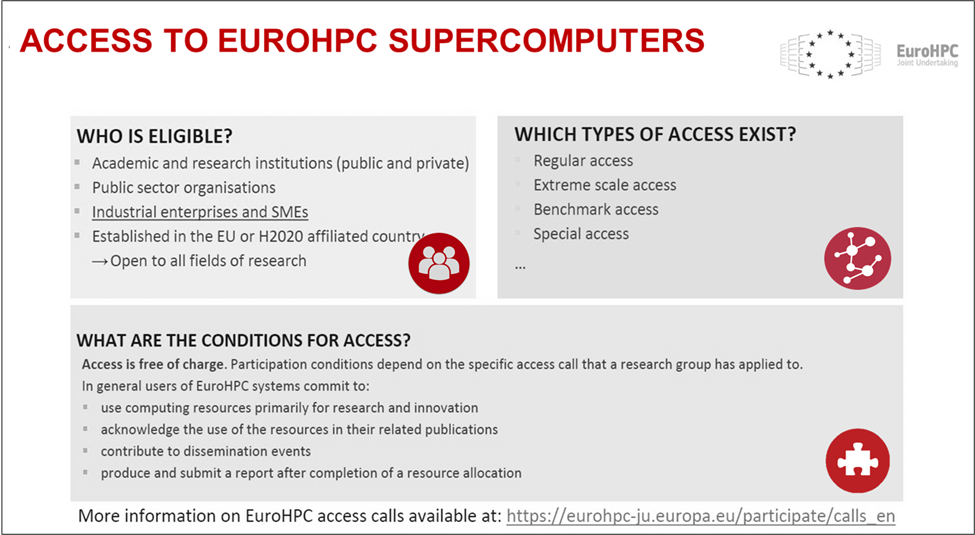
Contact us for a free consultation and discover how HPC can empower your business, competitiveness and innovation!


